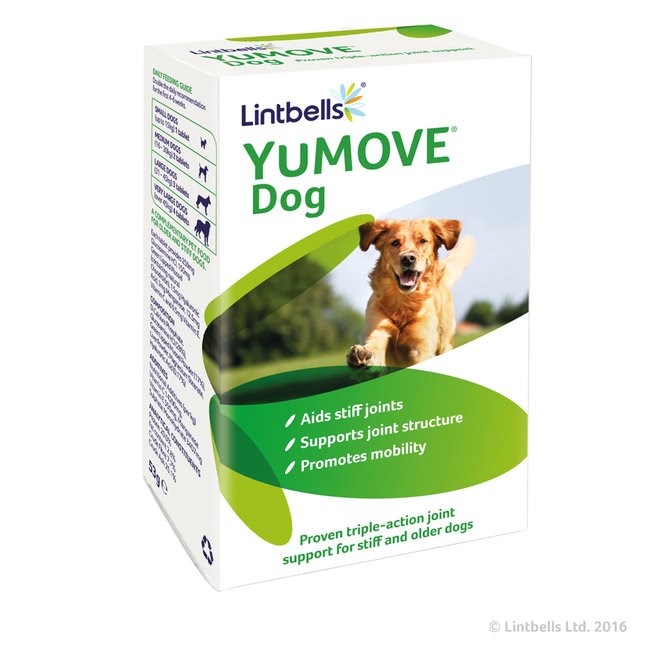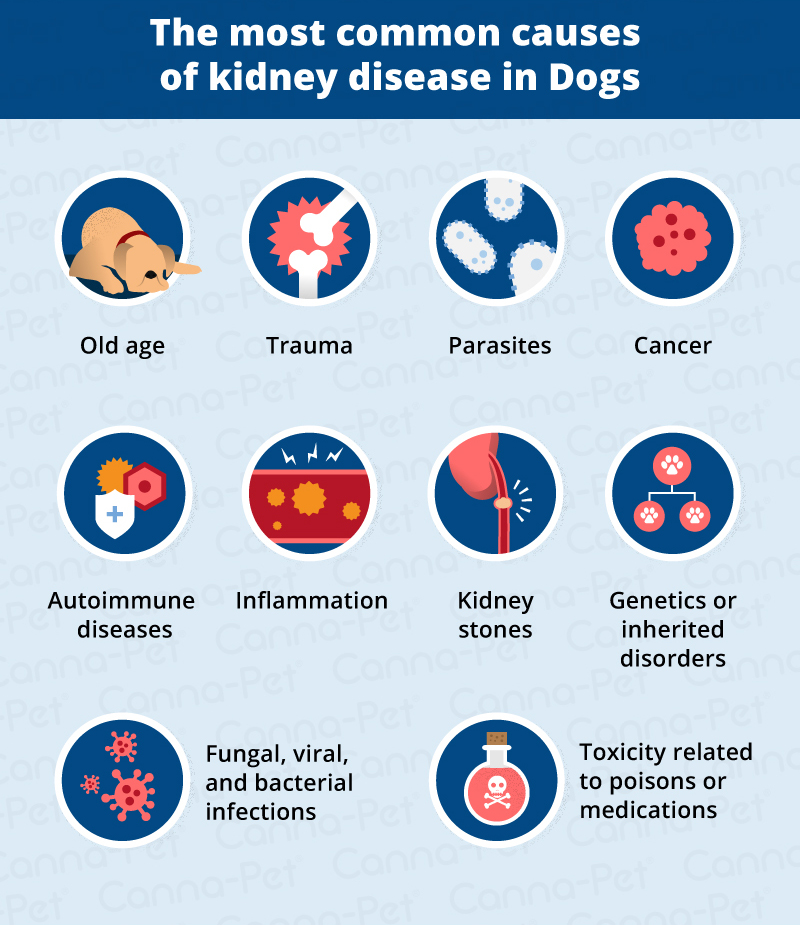Top Suggestions For Selecting Dogs Supplements
How Do Cat And Dog Skin Allergies Alleviated By Probiotics?Probiotics can be a fantastic method to control and alleviate skin allergies in cats and dogs. The beneficial bacteria can help to maintain the health of the gut microbiome which in turn supports the overall immune system and the health of your skin. Here's a look at the ways that probiotics can help lower the risk of allergies in pets.
Immune System Regulation
Balanced Immune Reaction:
Function: Through encouraging healthy bacteria growth and blocking harmful bacterial growth in the gut, probiotics can aid in regulating the immune system.
Benefits: A healthy immune system that is well-balanced can decrease hypersensitivity, which can cause allergies. This helps in minimizing the frequency and severity of allergic reactions in pets.
Inflammation Reduction
Anti-inflammatory Effects:
Function: Some probiotic strains produce anti-inflammatory compounds and modulate the inflammation response of the body.
Benefits - By reducing systemic swelling, probiotics can help to reduce itching, inflammation, and other symptoms associated with allergic reactions.
Gut-Skin Axis
Improvement in Gut Health
Function: The gut and skin axis is the connection between gut health and skin health, and overall health. Probiotics improve gut barrier function and overall digestion health.
Benefits of a healthy gut: It can help to keep out the leakage of toxins or allergens from the bloodstream. This can trigger skin reactions. It can also reduce symptoms of skin allergies.
Strengthening Skin Barrier
Improved Skin Barrier
Function: Probiotics possess the capability of influencing the distribution and production of ceramides as well with other lipids necessary for maintaining an effective skin barrier.
Benefits: A more supple skin barrier can help protect you from environmental allergens. Also, it reduces the chance of developing allergic reactions.
Allergy Symptom Management
Relieve Symptoms
Function: By modulating the release of histamines as well as other chemicals involved in allergic reactions Probiotics are able to help treat symptoms.
Pets benefit from this treatment can provide relief from itching and other signs of skin allergies.
The Enhanced Diversity of Microorganisms
A broader range of microbial species is increased:
Function: Probiotics increase the diversity of the microbiome in your gut. It is vital for an optimal response to your immune system.
Benefits: By preventing an overgrowth harmful bacteria, which could trigger allergies, a varied microbiome can better support your overall well-being.
Particular Probiotic strains
Lactobacillus (common probiotic strain) and Bifidobacterium (common probiotic strain): These common probiotics are effective in treating allergies to skin in pets.
Lactobacillus Rhamnosus GG: It is known for its ability to improve gut health and reduce the symptoms of allergies.
Bifidobacterium animals: Helps to reduce inflammation and improves the immune system.
Utilization and Recommendations
Dosage and administration Administration and dosage: The amount of probiotics to administer will depend on the weight, size and specific health needs of your pet. Always follow your veterinarian's advice or the directions for the product.
Formulations Probiotics for pets can be found in a variety of forms, such as capsules, powders and chews. Pick a formula that is secure and beneficial for your pet.
Monitoring and side effects: Probiotics are generally safe however, it is important to watch pets for any reactions that may be adverse for example, stomach upset. Starting with a lower dose and gradually increasing it will reduce the risk of adverse effects.
Conclusion
Probiotics can assist treat skin allergies in pets and cats by improving digestion, controlling the immune systems, and reducing inflammation. Regular use of the probiotics can reduce the symptoms of allergies. It can also improve the health of pets' skin as well. See the most popular dog coughing info for site info including pet sleep supplements, pet papain supplements, pet yucca supplements, pet supplements for pets with fear of loud noises, pet goldenseal supplements, pet supplements for pets with allergies, pet supplements for pets with allergies, pet supplements for pets with fear of leashes and leads and more.

Quercetin Is Effective In The Treatment Of Skin Allergies For Dogs And Cats.
Quercetin is a natural ingredient found in many vegetables and fruits. This flavonoid has several beneficial effects for skin allergies. Here's how quercetin can help with skin allergies.
Anti-inflammatory Properties
Reduction of Inflammation
Function Quercetin's anti-inflammatory properties block the production of pro-inflammatory chemicals, such as histamines or cytokines.
Benefits: Quercetin can help reduce inflammation associated with allergies of the skin, decreasing redness and swelling.
Antihistamine Effects
Natural Antihistamine:
Quercetin has the following function: It inhibits the production of mast cell histamine. Histamines are substances that trigger itching and other allergic symptoms.
Benefits As a natural antihistamine, quercetin can help lessen itching and allergic reactions. It can provide relief for pets with skin allergies.
Antioxidant Activity
Oxidative Stress:
Function: Quercetin acts as an antioxidant to help neutralize free-radicals and limit damage from oxidation.
Benefits of reducing oxidative stress: It can protect skin cells from harm, help heal, maintain overall skin health.
Immune System Modulation
Balanced Immune Response
Function: Quercetin modifies the immune system, providing a balanced and effective reaction to allergens.
Benefits: An immune system that is balanced can lessen the severity of allergic reactions and their frequency.
Enhancement of Skin Barrier Function
Strengthening Skin Barrier:
Function: Quercetin aids in the production of ceramides, which are essential to maintaining an encapsulated, healthy skin.
Benefits: A more supple skin barrier will protect your body from allergens that are found in the environment. This reduces the chance of developing allergies or getting infections.
Allergy Symptom Management
The Symptom Relief
Function: Quercetin helps manage symptoms by blocking enzymes such as lipoxygenase, which are involved in the inflammatory process.
Benefits : It reduces signs of itching, inflammation, and irritation. It can provide relief and comfort for pets.
Practicality and considerations
Dosage: The dosage depends on the size, weight and health requirements of your pet. Please follow the directions provided by your veterinarian or on the label of the product. Quercetin may be added to bromelain for increased absorption.
Quercetin supplements for pets are available in various forms. These include tablets, capsules, and powders. Selecting a high-quality pet-specific product is crucial for security and efficacy.
Quercetin can cause adverse reactions. It is generally safe, however excessive doses could cause upset gastrointestinal system in certain pets. It is recommended to begin with a smaller dose and increase it gradually. This will help lessen the risk of side effects. The monitoring of adverse reactions is vital for avoiding diarrhea and vomiting.
Conclusion
Quercetin aids in managing skin allergies in dogs and cats. Its antihistamine, antiinflammatory and antioxidant properties help reduce itching, inflammation and oxidative stress, while also strengthening the skin barrier and modulating the immune response. Quercetin's regular use can provide significant relief from allergies and improve overall skin health and the quality of life for animals suffering from skin allergies. Read the recommended read what he said for collagen for dogs for more examples including cushings disease natural treatment, pet supplements for pets with respiratory disease, kidney support gold australia, pet supplements for pets with brittle nails, pet chamomile supplements, pet probiotics australia, pet supplements for pets with brittle nails, pet vitamins australia and more.

Apple Cider Vinegar Helps With Yeast Infections In Cats And Dogs.
Apple cider vinegar (ACV) is sometimes recommended as a natural cure for yeast infections in dogs and cats. ACV can be beneficial but it is crucial to use ACV under the supervision of a veterinarian and be cautious due to the acidity of ACV and the potential for adverse negative side consequences. ACV assists in treating yeast infections.
Antifungal Properties
Acidic Environment
ACV is a liquid with a pH range of 2.5 to 3 that is considered to be acidic. The acidic environment isn't ideal for yeast growth.
Benefits Utilizing diluted ACV topically or incorporating it into your pet's bathwater may help reduce yeast overgrowth on the skin and in the ears.
Skin pH Regulated
Balancing Skin pH:
ACV helps to regulate the pH of the skin, creating a healthy barrier to skin and inhibiting yeast growth.
Benefits: Keeping a healthy pH balance in the skin may help to in preventing yeast infections and boost overall health of the skin.
Anti-inflammatory Action
Reduction of inflammation
ACV contains mild anti-inflammatory properties.
Benefits: Reducing swelling may help alleviate symptoms associated with yeast infections, such as discomfort, irritation, and itching.
Support for Digestive Health
Internal Use
ACV could help improve digestive health and assist in balancing the gut bacteria after ingesting.
Benefits of a more healthy gut environment: By enhancing the immune system and maintaining microbial equilibrium A healthier gut can limit yeast overgrowth.
Use and considerations
Topical Application - dilute ACV (typically 1 part of ACV to 2 parts water) with water and use as a rinse, spray, or ointment on affected areas. Avoid applying directly to delicate skin or open wounds.
See a veterinarian prior to considering any internal use. ACV should be diluted to a high degree (e.g. 1 teaspoon to 1 tablespoon per cup of water) and administered in small quantities to prevent possible stomach upset or irritation.
Examine for any signs of irritation, or any allergic reaction when applying ACV to the skin. Take it off in the event that you experience any negative effects.
Consultation with a Veterinarian Consultation with a veterinarian prior to applying ACV to treat yeast-related infections in animals. They can give you advice on the proper dose and methods of application for your pet, as well as potential risks.
Click here to view the entire article. Click here to view the full
Apple cider vinegar can be used to treat yeast conditions in dogs and cats, but it should only be administered under the supervision of a veterinarian. Acidic properties of ACV can hinder yeast growth in the ear as well as on the skin. It is also possible that they provide moderate anti-inflammatory benefits. To avoid irritation and adverse reactions, it's essential to use ACV with care. ACV is recommended to use in conjunction with a comprehensive program of treatment for yeast infections. Follow the best natural dog company url for more tips including pet lemon balm supplements, natural pet remedies, pet supplements for pets with fear of leashes and leads, pet health supplements, pet supplements for pets with compulsive behaviors, pet boswellia supplements, pet supplements for pets with worms, pet supplements for active pets and more.
